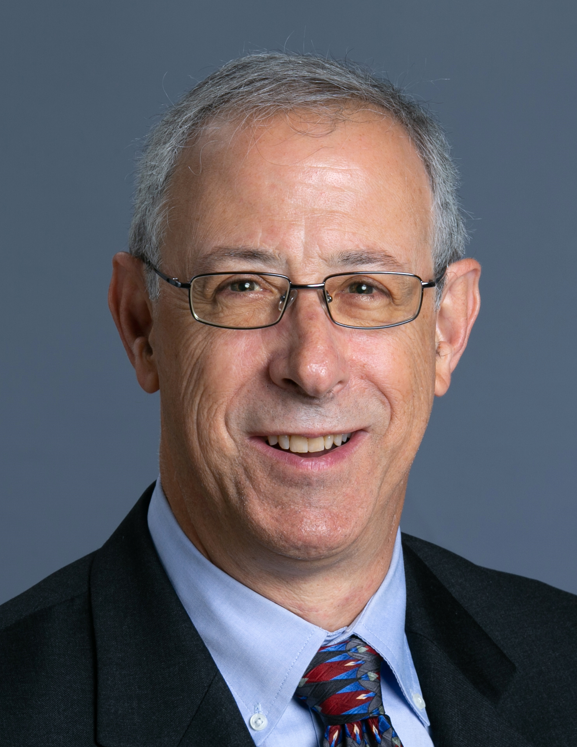
The cost of providing basic city services has skyrocketed. Since 2019, the budget for policing has gone up from $9.4 million to $12.2 million. That is a 30 percent increase. The budget for public works has gone up from $2.6 million to $3.1 million, a 19 percent increase.
Meanwhile, the property value of our commercial real estate has plummeted. The vacancy rate in Perimeter Center has increased dramatically. Thirty-six percent of the office space is vacant, and another 2.7 million square feet of space is currently leased but is unused by the tenants. When those leases come due for renewal, additional space will become vacant. Commercial property tax collections are down and will continue to decline.
Meanwhile, the charter for the city of Dunwoody sets a millage rate cap of 3.04 percent, the current property tax rate.
When the city was created, we made a bargain with the voters: if the city ever needs to raise taxes above the cap, they will go to the voters to get permission. If the case is compelling, voters will approve it. The city council cannot raise the millage rate without a city-wide referendum. Given the fate of the parks bond referendum in November, going to the voters for permission to raise general-purpose property taxes looks problematic, at best.
And finally, in 2007, the Georgia Legislature approved a freeze on the assessment for homeowners so that no matter how much the value of your home goes up, the value used to calculate your property taxes won’t go up. Combined with the millage rate cap, this means that no matter how much it costs the city to deliver basic services, your city property taxes will not go up for as long as you own your home.
We have tied the hands of our elected officials and put them into an impossible situation. It is time for us to decide: do we want less policing, fewer roads paved, less maintenance of our parks and sidewalks, or do we want to acknowledge the need to raise property tax rates for businesses and homeowners?
If we want the city to continue to provide adequate basic services, there are several ways to approach this. The one I recommend is for the voters to approve a Public Safety special tax district. This would add a new line item to our property tax bills that would be dedicated to public safety. This includes police, 911, ambulance expenses and at some point in the future, possibly fire service. If these expenses are moved out from under the millage rate cap, it will provide the city the opportunity to continue to provide high-quality basic services to our homes and businesses.
